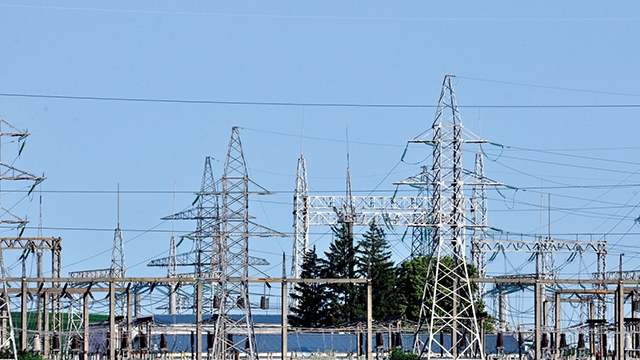EU4Energy: Georgia Adopts Key Laws to Harmonize the Energy Sector
EU Neighbors East has highlighted Georgia’s accomplishment in the energy sector, reporting that “Georgia is making progress in reforming its energy sector in line with the EU Energy Law and the Energy Community Treaty, by substituting the existing energy market framework with the Third Energy Package.” This success was preconditioned, being a positive result of the adoption of the Law on Energy and Water Supply and the Law on Renewable Energy Sources by the Georgian parliament in the third reading. However, the laws haven’t come into force just yet, as they are still awaiting the signature of the President of Georgia Salome Zurabishvili.
The Third Energy Package was initially adopted by the European Commission in 2009. It aims to improve the operation of the internal energy market and resolve certain structural problems, while at the same time accelerating investments in energy infrastructure to enhance cross-border trade and access to different sources of energy.
The EU expects that Law on Energy and Water Supply will enable Georgia to develop a more independent, competitive and liquid market via the unbundling and certification of transmission and distribution system operators.
The EU4Energy is an EU program for Eastern Partnership countries. This includes Armenia, Azerbaijan, Belarus, Georgia, Moldova, and Ukraine. Through working with the International Energy Agency, Energy Community and Energy Charter Secretariat to implement the program, EU4Energy aims to improve the quality of energy data and statistics, shape regional policy-making discussions, strengthen legislative and regulatory frameworks and improve access to information in the partner countries. It forms a key component of the EU4Energy Initiative.
Pushing forward regulatory changes, providing access to investment and strengthening monitoring and compliance – that is how the EU4Energy helps the Eastern Partnership countries align their energy policies and markets more closely with the EU standards. While the EU reports that some countries are closer to achieving the goals than others (not really going into detail which countries are leading and which are falling behind), the organization believes that all six countries in the region stand to benefit from transitioning towards more sustainable energy frameworks. The potential for improvement is evident, through the data suggests that, on average, economies in partner countries are three times more energy-intensive than in the EU Member States.
What’s more, the program, within a timeframe of four years between 2016 and 2020, and with a budget of EUR 21, contributes to sustainable economic development, creating jobs and investment; greater resilience in the face of climate change; and a reduced carbon footprint, by merely transforming the region’s approach to energy.
In Georgia’s case in particular, the Renewables Law sets the national target for renewable energy at 35% of total final consumption by 2030. The new legislation requires that support schemes are evaluated using competition and/or state aid regulatory norms.
By Nini Dakhundaridze











